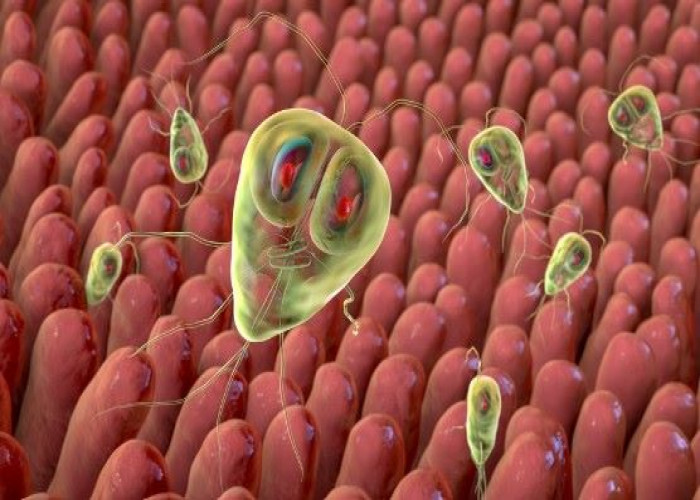 Welcome
Welcome
“May all be happy, may all be healed, may all be at peace and may no one ever suffer."
Giardia infection (Giardiasis)
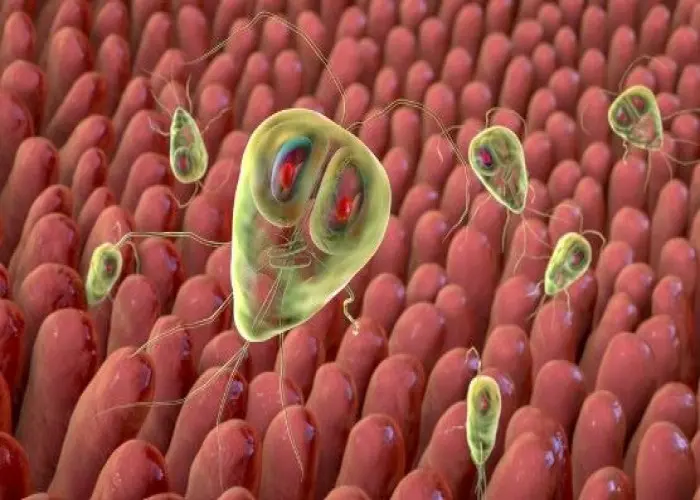
Giardia infection, also known as giardiasis, is a common intestinal infection caused by a microscopic parasite called Giardia lamblia. The parasite is found in contaminated food, water, or soil, and can be spread through person-to-person contact or from animal feces.
Symptoms of giardiasis can include diarrhea, abdominal cramping, bloating, gas, and nausea. Some people may also experience weight loss or dehydration. Symptoms usually appear within 1-2 weeks after exposure to the parasite and can last for several weeks.
Diagnosis of giardiasis is usually made by analyzing a stool sample for the presence of the parasite. Treatment typically involves a course of antibiotics, such as metronidazole or tinidazole. In some cases, anti-parasitic medications may be used.
Prevention of giardiasis involves good hygiene practices, such as washing hands with soap and water, avoiding drinking untreated water, and avoiding contact with infected animals or people.
Most people with giardiasis recover fully with proper treatment and hydration. However, in some cases, the infection can lead to complications, such as chronic diarrhea or malabsorption. If you experience symptoms of giardiasis, it is important to seek medical attention and follow the recommended treatment plan.
Research Papers
Disease Signs and Symptoms
- Fatigue (Tiredness)
- Gray stool (steatorrhea)
- Abdomen cramps
- Abdomen bloating
- Gas
- Nausea or vomiting
- Weight loss
Disease Causes
Giardia infection (giardiasis)
Giardia parasites live in the intestines of people and animals. Before the microscopic parasites are passed in stool, they become encased within hard shells called cysts, which allows them to survive outside the intestines for months. Once inside a host, the cysts dissolve and the parasites are released.
Infection occurs when you accidentally swallow the parasite cysts. This can occur by swallowing unsafe water, by eating infected food or through person-to-person contact.
Swallowing contaminated water
The most common way to become infected with giardia is after swallowing unsafe (contaminated) water. Giardia parasites are found in lakes, ponds, rivers and streams worldwide, as well as in public water supplies, wells, cisterns, swimming pools, water parks and spas. Ground and surface water can become infected with giardia from agricultural runoff, wastewater discharge or animal feces. Children in diapers and people with diarrhea may accidentally contaminate pools and spas.
Eating contaminated food
Giardia parasites can be spread through food — either because food handlers with giardia infection don't wash their hands thoroughly or because raw produce is irrigated or washed with unsafe (contaminated) water. Because cooking food kills giardia, food is a less common source of infection than water is, especially in industrialized countries.
Person-to-person contact
You can get infected with giardia if your hands become dirty with feces — parents changing a child's diapers are especially at risk. So are child care workers and children in child care centers, where outbreaks are increasingly common. The giardia parasite can also spread through anal sex.
Disease Prevents
Giardia infection (giardiasis)
No drug or vaccine can prevent giardia infection. But commonsense precautions can go a long way toward reducing the chances that you'll become infected or spread the infection to others.
- Wash your hands. This is the simplest and best way to prevent most kinds of infection. Wash your hands with soap and water for at least 20 seconds after using the toilet or changing diapers, and before eating or preparing food. When soap and water aren't available, you can use alcohol-based sanitizers. However, alcohol-based sanitizers aren't effective in destroying the cyst form of giardia that survives in the environment.
- Purify wilderness water. Avoid drinking untreated water from shallow wells, lakes, rivers, springs, ponds and streams unless you filter it or boil it for at least 10 minutes at 158 F (70 C) first.
- Wash produce. Wash any raw fruits and vegetables with safe, uncontaminated water. Peel the fruit before eating it. Avoid eating raw fruits or vegetables if traveling in countries where they may have contact with unsafe water.
- Keep your mouth closed. Try not to swallow water when swimming in pools, lakes or streams.
- Use bottled water. When traveling to parts of the world where the water supply is likely to be unsafe, drink and brush your teeth with bottled water that you open yourself. Don't use ice.
- Practice safer sex. If you engage in anal sex, use a condom every time. Avoid oral-anal sex unless you're fully protected.
Disease Treatments
Children and adults who have giardia infection without symptoms usually don't need treatment unless they're likely to spread the parasites. Many people who do have problems often get better on their own in a few weeks.
When signs and symptoms are severe or the infection persists, doctors usually treat giardia infection with medications such as:
- Metronidazole (Flagyl). Metronidazole is the most commonly used antibiotic for giardia infection. Side effects may include nausea and a metallic taste in the mouth. Don't drink alcohol while taking this medication.
- Tinidazole (Tindamax). Tinidazole works as well as metronidazole and has many of the same side effects, but it can be given in a single dose.
- Nitazoxanide (Alinia). Because it comes in a liquid form, nitazoxanide may be easier for children to swallow. Side effects may include nausea, gas, yellow eyes and brightly colored yellow urine.
There are no consistently recommended medications for giardia infection in pregnancy because of the potential for harmful drug effects to the fetus. If your symptoms are mild, your doctor may recommend delaying treatment until after the first trimester or longer. If treatment is necessary, discuss the best available treatment option with your doctor.
Preparing for your appointment
While you may initially bring your symptoms to the attention of your family doctor, he or she may refer you to a gastroenterologist — a doctor who specializes in digestive system disorders.
What you can do
Before your appointment, you may want to write a list of answers to the following questions:
- When did your signs and symptoms begin?
- Does anything make them better or worse?
- Do you work or live with small children?
- What types of medications and dietary supplements do you take?
Disease Diagnoses
Disease Allopathic Generics
Disease Ayurvedic Generics
Disease Homeopathic Generics
-
Chaparro amargoso
Q, 3X strength 1 dose 3/4 times a day.
-
Teucrium marum verum
6, 30 strength.
-
Psorinum
200 strength.
-
Filix mas
6, 30 strength.
Disease yoga
Giardia infection (Giardiasis) and Learn More about Diseases
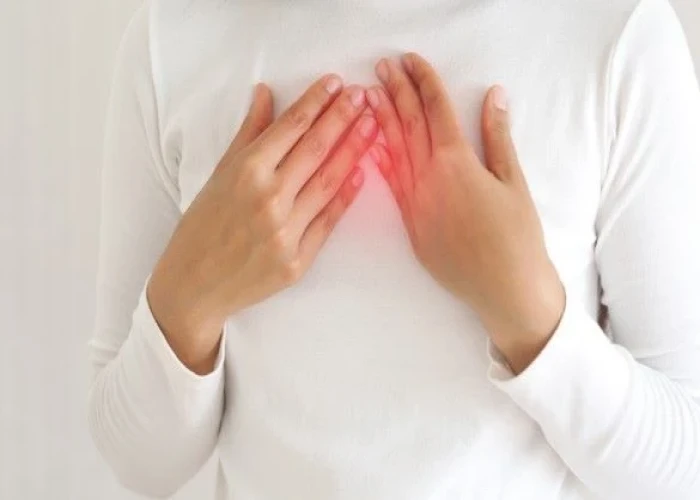
Pectus carinatum

Focal segmental glomerulosclerosis (FSGS)

Separation anxiety disorder

Rheumatic fever
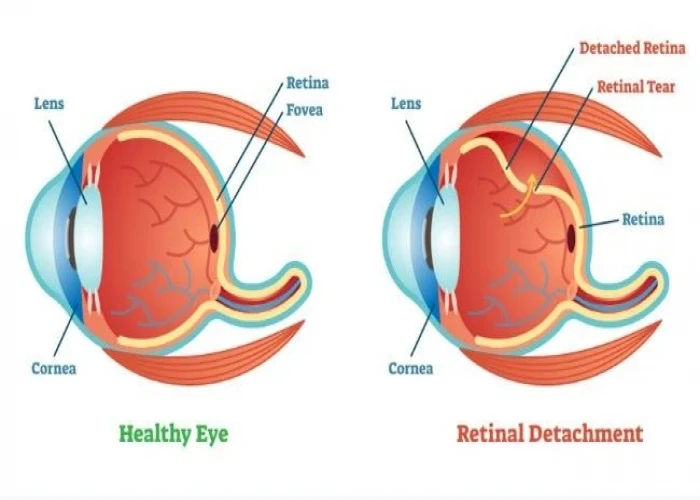
Retinal detachment

Hypereosinophilic syndrome

Dry mouth
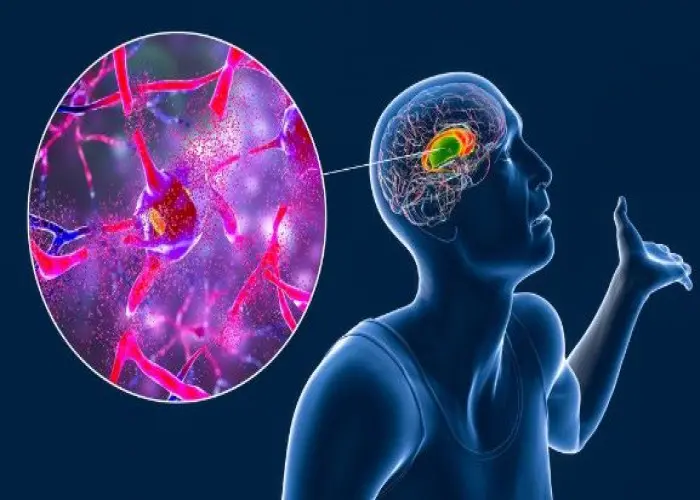
Huntington's disease
giardia infection, giardiasis, জিয়ার্ডিয়া সংক্রমণ, গিয়ার্ডিয়াসিস
To be happy, beautiful, healthy, wealthy, hale and long-lived stay with DM3S.
